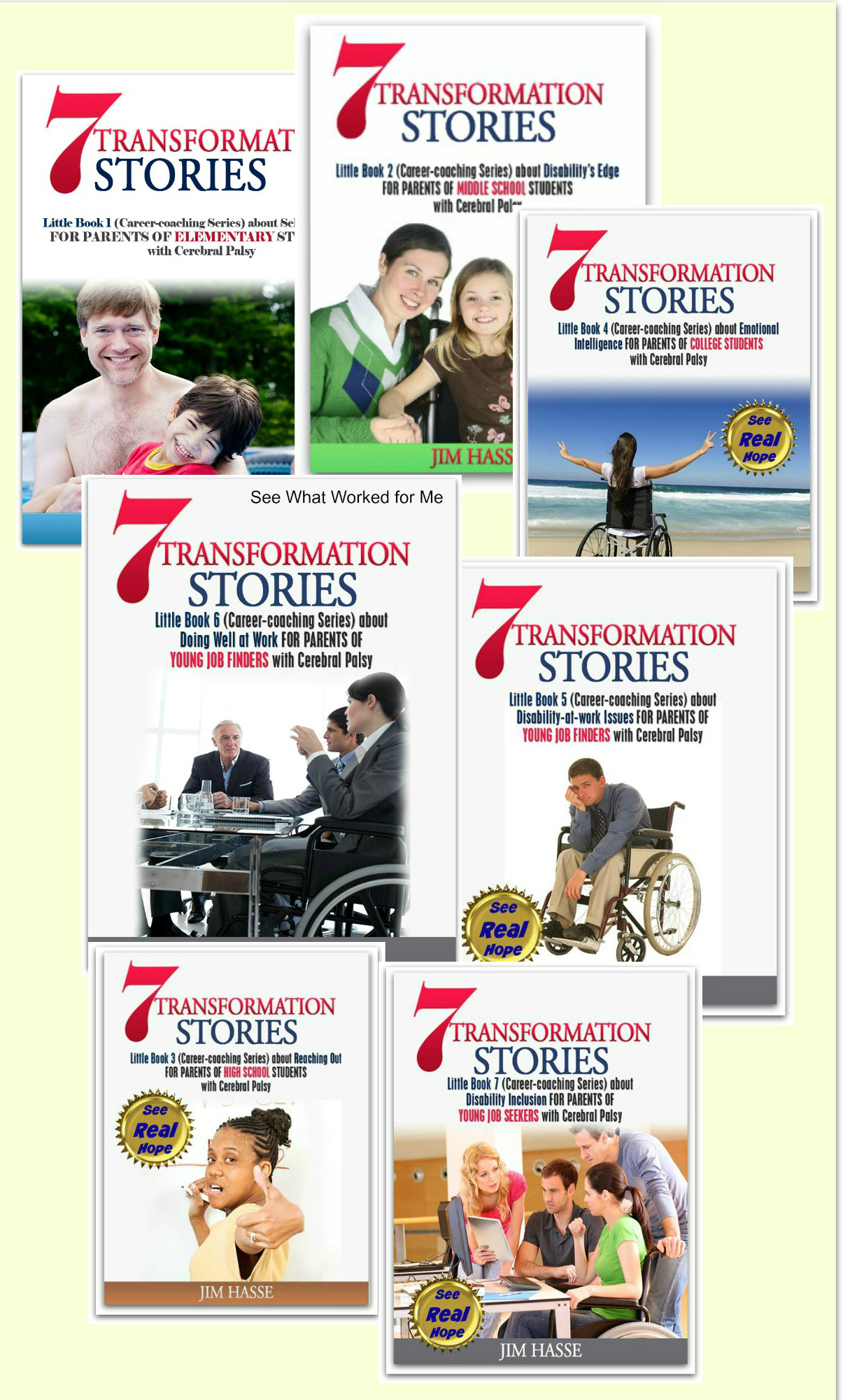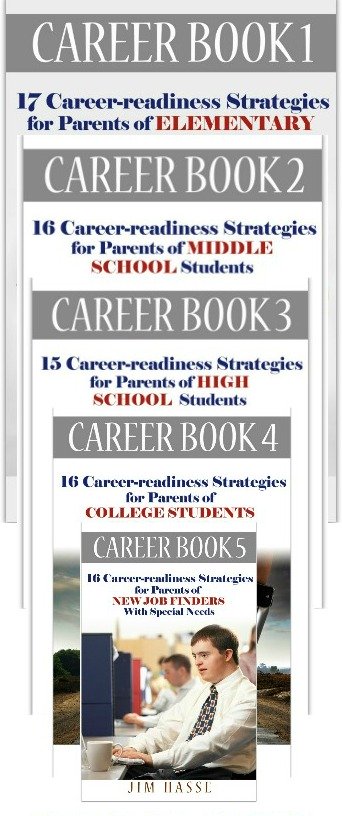Legitimate Work from Home: Cerebral Palsy Career Builder for College Students
By Jim Hasse, ABC, GCDF, Disability Employment Expert
_________________________________________________________
Legitimate work from home opportunities do not offer false promises. That’s a distinction you can help your college student with cerebral palsy (CP) learn before he or she hits the job market.
I know it’s tempting to fall for online schemes which promise money-making opportunities from home – especially when your son or daughter may have limited mobility due to CP.
But I would urge caution. Establishing legitimate work from home is not easy.
In fact, it’s risky.
My journey
I worked for 28 years for a Fortune 500 company (10 of them as vice president of corporate communication) before deciding to “retire” and start my own at-home business.
With the help of a career counselor, I took a whole year to make that transition while still on the job, making sure I had the right focus for my business, I was making the best use of my experience and I had a potential customer base through the contacts I had collected over the years. It was my way of making sure I had a workable business model.
Yes, it was nice not having to “go to the office,” but it took me at least six years to gain some financial stability in my new enterprise, even though I had been taking courses for years beforehand about how to start a small business.
Based on my experience, I would suggest to your college
student that legitimate work from home can come later in your youngster’s
career – when he or she has worked in a corporate environment (large or small)
for at least several years.
For more tips about how to become your own boss, refer your college student to my GettingHired.com article, What You Need to Know Before Starting Your Own Business.
What tip do you offer
your new grad who wants to set up
a home-based business?
Join PACER’s Facebook
discussion.
My bottom line: On-the-job experience, once out of college, gives your son or
daughter the opportunity to:
- Get to know how a corporate environment works. That is essential knowledge if your son or daughter someday plans to serve businesses with legitimate work from home.
- Build a network of contacts who are potential customers for his or her future business.
- Establish a track record of success within a corporate environment that he or she later showcases as an independent contractor and entrepreneur who operates a legitimate work from home business.
- Make (and learn) from just-out-of-school mistakes we all tend to make when we’re still “learning the trade” under a corporate umbrella instead of as an independent contractor with a legitimate work from home business who has to take the hit all by him or herself.
But, probably the biggest advantage of going the corporate route first instead of trying to establish a home business is the opportunity to identify an unmet need in the marketplace that your son or daughter can later fill as an entrepreneur.
For instance, after working for 28 years in a mainstream work environment in which I was the only employee with a disability, I identified what I thought was an unmet need: training for college students with disabilities about how to get “ready for work.”
My dream of meeting that need has driven my home business for nearly 20 years. As founder of cerebral-palsy-career-builders.com, I’m finally fulfilling that dream after two decades of both success and failure.
So, based on my experience, establishing a home business is not easy and often takes more time than your college student may expect.

Today’s online scene
With my journey and observations as context, coach your soon-to-be job seeker to avoid being closed to new opportunities online but not to fall for every far-out idea, either.
Today’s online marketplace includes two players:
- People, often with
disabilities, who want to participate in the world of work, of
achievement, and of contribution.
- People who trade on that desire entirely for their own gain.
That makes identifying legitimate work from home arrangements in cyberspace a sometimes difficult task.
One way to avoid being scammed is to find out what others have encountered. It’s like using a map of territory someone else has charted. For instance I would avoid pyramid schemes and multi-level marketing plans.
Yet, there are some legitimate work from home opportunities.
Here are five ways your soon-to-be job seeker can weed out
what is legitimate and what is not.
- Be
assertive. If it sounds too good to be true, it probably is. When someone seems
to take an interest in us, we can become gullible. Assertiveness does not
always come easily for us, so we do not say “no” or are too trusting. Stand up
for yourself, and don't let anyone take advantage of you.
- Never
act out of desperation. Although the job prospects may not be good right for
new college graduates, just going for any offer is no solution. Research the
company, find out from others whether their claims are legitimate, and use
common sense to weigh the claims.
- Take
responsibility. Do not rely on others to take care of your needs.
- Realize
that you have to work for the money you earn. Part of the reason scammers
succeed is that many of us want to think we can get rich without much effort.
Scammers can easily persuade us they know just the way to do that.
Here are a couple sites which can help your college student learn about online business scams.
What tip do you offer
your new grad who wants to set up
a home-based business?
Join PACER’s Facebook discussion.
Return from Legitimate Work from Home to Interview Tips
Go to Cerebral Palsy Career Builders
This is Creative Commons content. You can freely and legally use, share and repurpose it for non-commercial purposes only, provided you attach this sentence and the following attribution to it (including the two links):
Originally written and illustrated by Jim Hasse, ABC, GCDF, owner of Hasse Communication Counseling, LLC, who, as a person with cerebral palsy, served for 10 years as a vice president in a Fortune 500 company during his 29-year career in corporate communication. He’s an Accredited Business Communicator, certified as a Global Career Development Facilitator and author of 14 Amazon books about disability awareness and disability employment issues.





